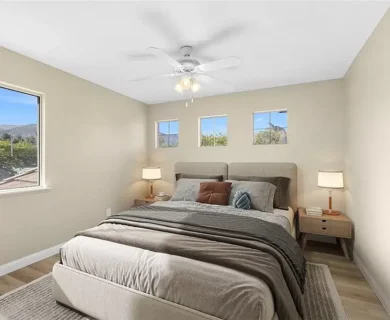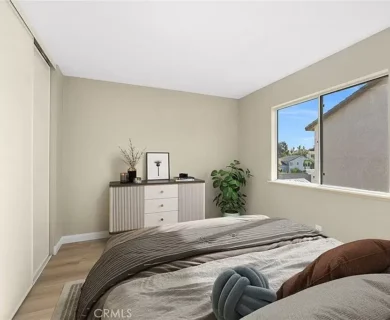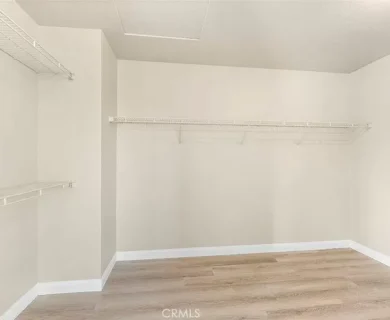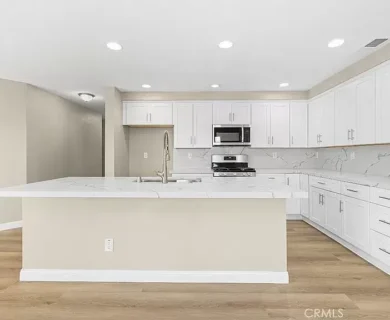
Benzodiazepines — commonly referred to as benzos — are powerful medications often prescribed to treat anxiety, panic attacks, insomnia, and seizures. While effective when used as directed and for short periods, benzos can become dangerous when misused or taken long-term. Over time, they can lead to dependency, and quitting them suddenly can trigger severe and even life-threatening withdrawal symptoms.
If you’re wondering whether you need inpatient detox to get off benzos, you’re not alone. Many people struggling with benzo dependence want to stop but are unsure how to do it safely. At West Coast Detox, we specialize in helping individuals safely withdraw from benzodiazepines in a medically monitored, supportive environment.
In this article, we’ll break down the risks of benzo withdrawal, explain the detox process, and help you determine if inpatient care is the right option for your recovery journey.
Understanding Benzodiazepine Dependence
Benzodiazepines such as Xanax (alprazolam), Valium (diazepam), Klonopin (clonazepam), and Ativan (lorazepam) work by enhancing the effects of a neurotransmitter in the brain called GABA, which slows brain activity and produces a calming effect.
When taken regularly for more than a few weeks — especially at high doses — the brain begins to depend on benzos to function normally. Over time, your natural GABA production decreases, and your brain adapts to the presence of the drug. This leads to tolerance, dependence, and eventually addiction. Once physical dependence sets in, quitting suddenly or too quickly can trigger intense withdrawal symptoms, including seizures, psychosis, and other dangerous effects.
What Happens During Benzo Withdrawal?
Withdrawal symptoms from benzodiazepines can vary widely based on several factors:
- The specific benzo used
- Duration and frequency of use
- Dosage
- Whether other substances (like alcohol or opioids) were also used
- Individual health and mental health history
Common benzo withdrawal symptoms include:
- Anxiety and panic attacks
- Insomnia
- Muscle pain and stiffness
- Sweating
- Tremors
- Nausea and vomiting
- Irritability and agitation
- Difficulty concentrating
- Sensory hypersensitivity (light, sound, touch)
- Heart palpitations
- Headaches
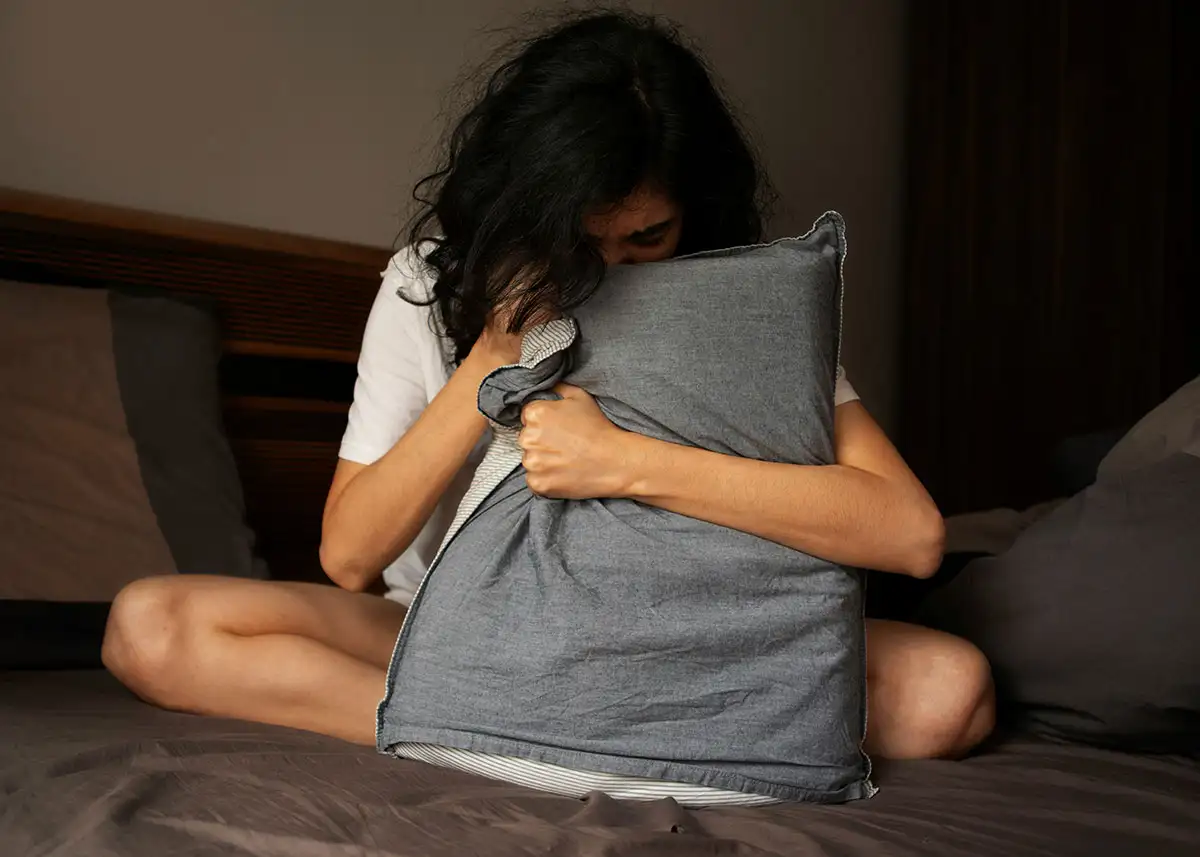
Severe withdrawal symptoms can include:
- Seizures
- Hallucinations
- Delirium
- Suicidal thoughts
- Rebound anxiety or insomnia (worse than before)
These symptoms can last from several days to several weeks — and in some cases, Post-Acute Withdrawal Syndrome (PAWS) can persist for months after detox.
Is It Dangerous to Detox From Benzos at Home?
Yes, in many cases it can be. Unlike some other substances, benzodiazepines carry serious risks during withdrawal, especially if stopped abruptly.
Cold turkey detox from benzos is never recommended.
Without medical support, you’re at a high risk for complications like:
- Grand mal seizures
- Cardiac distress
- Severe anxiety or panic
- Self-harm or suicidal ideation
- Relapse, often due to overwhelming symptoms
Even with a gradual taper, attempting to detox at home can be unpredictable, especially if you don’t have medical guidance or if you’re dealing with co-occurring mental health conditions.
Get Your Questions Answered
Reach out today to get the answers you need about drug and alcohol detox. Our compassionate team is here to guide you through every step of the process and help you take the first step toward recovery.

What Is Inpatient Detox?
Inpatient (residential) detox is a medically supervised process where you stay in a safe, supportive treatment facility while your body clears the drug from your system. At West Coast Detox, our inpatient program includes:
- 24/7 medical monitoring
- Medication-assisted detox to minimize withdrawal symptoms
- Emotional and psychological support
- Nutritional and hydration support
- A safe, calm, and substance-free environment
Because benzo withdrawal can be unpredictable, inpatient detox allows medical professionals to intervene immediately if dangerous symptoms arise. It also reduces your risk of relapse during the most vulnerable part of your recovery.
How Does Benzo Detox Work?
Every person’s detox journey is different, but here’s what you can expect from a benzo detox at West Coast Detox:
1. Comprehensive Evaluation
We begin with a full medical and psychological assessment to understand your history with benzodiazepines and any other substances. This helps us build a personalized detox plan based on your specific needs.
2. Medication-Assisted Tapering
We typically use a tapering protocol, meaning we slowly reduce your benzo dosage over time to minimize withdrawal symptoms and avoid complications. Sometimes, we transition you to a long-acting benzodiazepine (such as diazepam) that is easier to taper off than short-acting drugs like Xanax.
In some cases, we may also use adjunct medications to manage symptoms like anxiety, insomnia, or muscle spasms.
3. 24/7 Monitoring
Our trained medical team monitors your vital signs and symptoms around the clock to ensure your safety. If any serious symptoms arise, we can intervene immediately.
4. Emotional and Therapeutic Support
Benzo withdrawal is not just physical — it’s also emotional. Our compassionate team provides therapy and support throughout the detox process to help you feel safe and grounded.
Who Needs Inpatient Benzo Detox?
Inpatient detox is strongly recommended if:
- You’ve been taking high doses of benzos regularly
- You’ve used benzos for more than a few weeks or months
- You’ve experienced withdrawal symptoms in the past
- You’ve tried to quit before but relapsed
- You’ve mixed benzos with other substances (like alcohol, opioids, or stimulants)
- You have a history of seizures or other medical issues
- You have co-occurring mental health conditions (such as anxiety, depression, or PTSD)
- You don’t have a supportive or safe environment at home
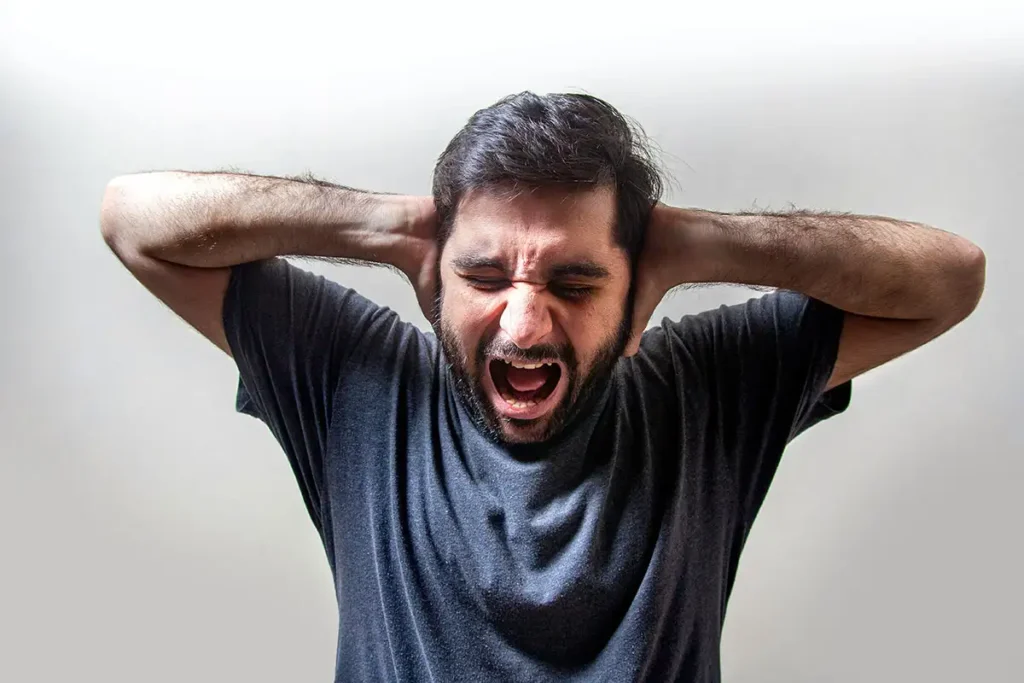
If any of these apply to you, inpatient detox may be the safest and most effective choice for getting off benzos.
What Happens After Detox?
Detox is the first step — but it’s not a cure for addiction.
Once your body is free of benzodiazepines, the real work of recovery begins. At West Coast Detox, we’ll help you transition into the next phase of treatment, which may include:
- Inpatient residential rehab for structured, immersive care
- Outpatient treatment for flexible scheduling while you return to daily life
- Therapy and counseling, including CBT, DBT, and trauma-informed care
- Peer support groups and 12-step alternatives
- Aftercare planning to support your long-term sobriety
Benzo addiction often begins as an attempt to manage anxiety or sleep problems — and these issues often resurface during early recovery. That’s why we focus not just on detox, but also on treating the underlying causes of addiction and building healthy coping tools for long-term success.
Can I Ever Use Benzos Again After Detox?
For most people who’ve developed a dependence or addiction to benzodiazepines, returning to use — even “just once” — can be extremely risky. It often leads to:
- Rapid re-addiction
- Increased risk of overdose
- Worsening mental health symptoms
- Rebuilding tolerance, requiring higher doses to feel the same effect
In some cases, non-addictive alternatives (such as certain antidepressants, lifestyle changes, or holistic therapies) can help manage the conditions benzos were originally prescribed for. At West Coast Detox, our team works with you and your providers to explore safer, long-term solutions for anxiety, insomnia, or other challenges.

The West Coast Detox Approach
At West Coast Detox, we specialize in benzodiazepine detox and understand how complex and fragile this process can be. Our team provides medical expertise, trauma-informed care, and a nurturing environment so you don’t have to go through this alone.
Here’s what sets us apart:
- Individualized detox plans tailored to your needs
- Licensed and experienced medical staff on-site 24/7
- Comfortable, private accommodations
- Dual diagnosis support for co-occurring disorders
- A compassionate, non-judgmental atmosphere
Ready to Break Free From Benzos?
If you’re asking yourself, “Do I need inpatient detox to get off benzos?”, the answer is: it depends on your unique situation — but if there’s any uncertainty, it’s always best to err on the side of safety.
Benzo withdrawal isn’t something you should go through alone. Whether you’ve been prescribed benzos for years or started using them recreationally, there is hope — and we’re here to help.
At West Coast Detox, we’re committed to walking with you every step of the way as you take back control of your health, mind, and future.
Contact Us Today
Your recovery starts with a single step. Call West Coast Detox or reach out through our confidential contact form to learn more about our benzo detox program and get the help you deserve.





